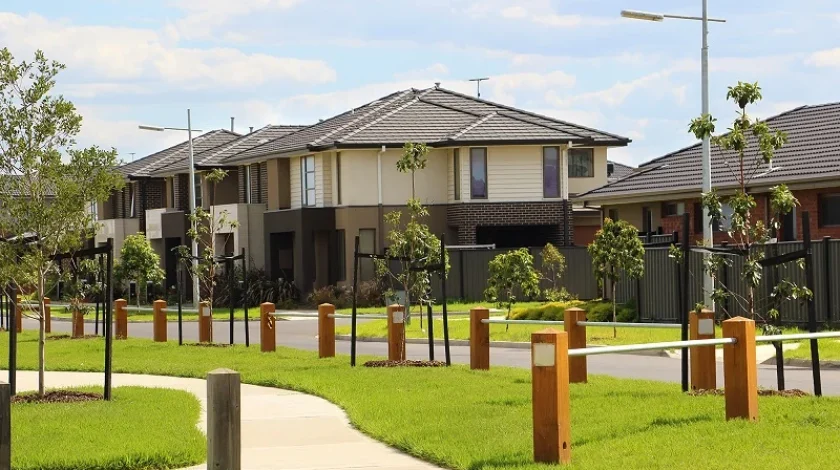Although first home buyers get the benefit of being exempt or having reduced stamp duty, many other Australians wishing to invest in the property market or simply retirees wanting to downsize their home get stung with stamp duty tax. This tax often deters people from purchasing property.
Stamp duty is often described as the “unpopular” and “inefficient” tax, and abolishing stamp duty could be the key in propping up Australia’s economy following COVID-19.
The Australian Bureau of Statistics’ latest data has revealed that stamp duty revenue has slumped to a four-year low in the 2018/19 financial year. As stamp duty is levied on the purchase price of a property and as such higher priced properties ultimately pay more stamp duty, you can see that stamp duty is greatly reliant on the high turnover of property and/or increases of property prices.
The Australian property market will likely fall due to COVID-19 and because of this stamp duty revenue will decline further in the next 2019/20 and 2020/21 financial years.
What will replace stamp duty?
It is said that a form of annual land tax would be the most likely alternative to stamp duty, however the costs, operation and change over process from stamp duty to land tax is unclear.
The ACT government is leading the way on a stamp duty reform where in 2012, the government began a 20-year process of breaking away from stamp duty to a broad based land tax.
Although replacing stamp duty with land tax is sometimes put in the ‘too hard basket’, it can be done. And when the government does, buyers would soon find their next purchase to be more affordable and in turn prop up the Australian economy.
If you have any questions in relation to stamp duty or the purchase of property, please do not hesitate to get in touch with a member of Coleman Grieg’s Commercial Property team, who would be more than happy to assist you today.














